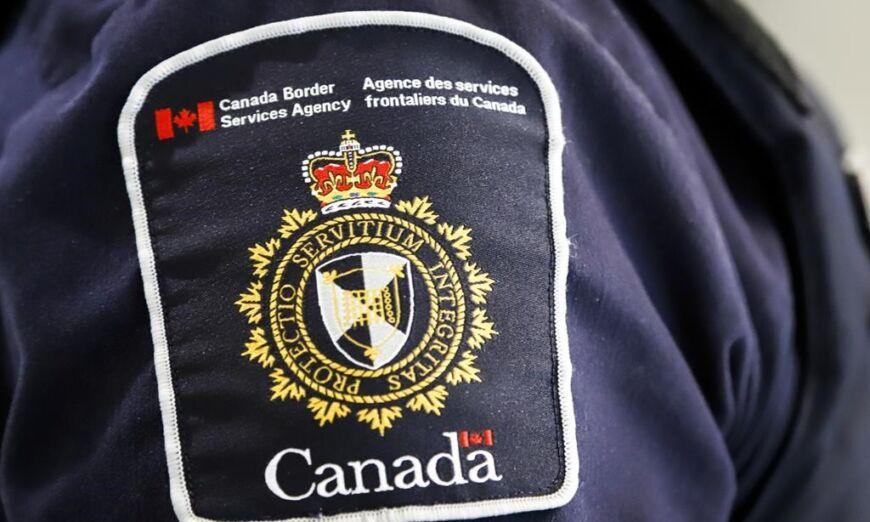A customs union says that a Canada Border Services Agency plan to digitize $32 billion in yearly tariff collections could end up becoming a costly mistake it likened to the ArriveCan application.
“We have general concerns regarding the decision to implement it in the first place,” the Customs and Immigration Union wrote to the House of Commons Trade Committee, as first covered by Blacklock’s Reporter.





